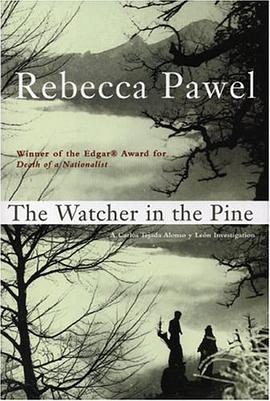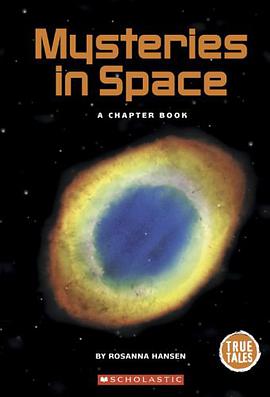

具體描述
Martin Buinicki examines how debates over copyright law in the United States, particularly over the lack of an international copyright law, during the nineteenth century intersected with the business practices and political and artistic beliefs of American authors. He argues that the act of taking out a copyright was more than a mere legal mechanism marking a transition from amateur to professional or artist to businessperson. Taking out a copyright had a profound impact on how audiences viewed authors, how authors perceived their profession, and how they represented individual rights and property ownership within their texts. Unique in the scope of his research, tracking developments from the 1820s through the 1890s, Buinicki brings together research from the American Antiquarian Society, the Harriet Beacher Stowe Center, and the Government and Special Collections at the University of Iowa. Drawing on an array of documents including newspaper editorials, legislative hearings, court decisions, and the public and private writing of James Fenimore Cooper, Walt Whitman, Harriet Beacher Stowe, Samuel Clemens, and Emily Dickinson, he demonstrates how authors found themselves in an uneasy opposition to their reading public.
著者簡介
圖書目錄
讀後感
評分
評分
評分
評分
用戶評價
相關圖書
本站所有內容均為互聯網搜索引擎提供的公開搜索信息,本站不存儲任何數據與內容,任何內容與數據均與本站無關,如有需要請聯繫相關搜索引擎包括但不限於百度,google,bing,sogou 等
© 2025 book.quotespace.org All Rights Reserved. 小美書屋 版权所有




















